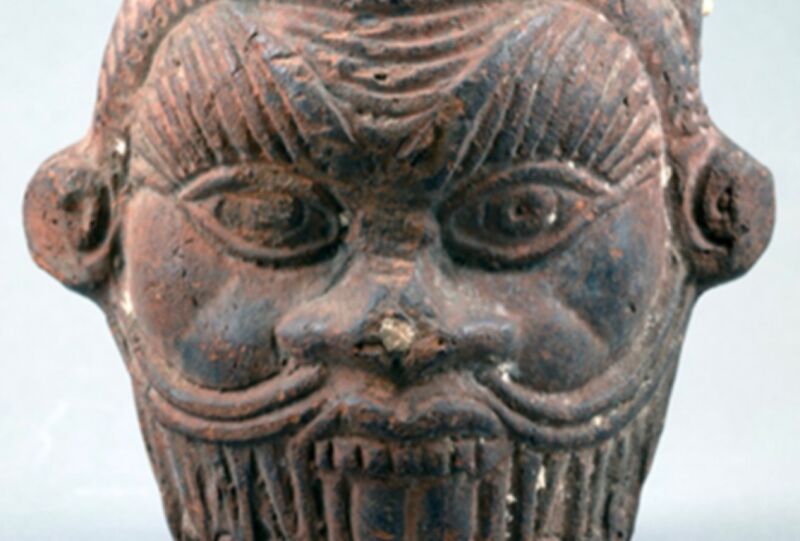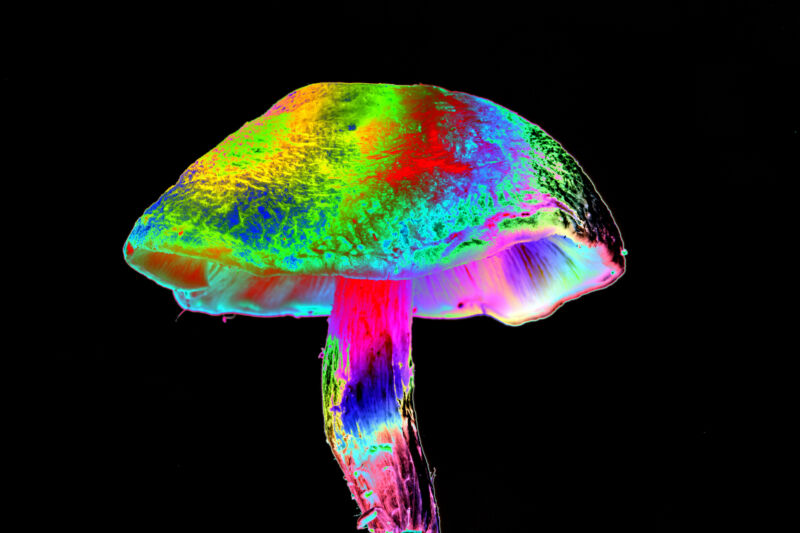-
 chevron_right
chevron_right
Ancient Egyptian followers of a deity called Bes may have used hallucinogens
news.movim.eu / ArsTechnica · Wednesday, 14 June, 2023 - 21:56 · 1 minute

Enlarge / An Egyptian drinking vessel in the shape of Bes head contained traces of Syrian rue and blue water lily, among other compounds. (credit: Tampa Museum of Art, Florida)
An ancient Egyptian vase in the shape of the deity Bes showed traces of chemical plant compounds known to produce hallucinations, according to a recent preprint posted to Research Square. The authors suggest that members of the cult of Bes may have consumed a special cocktail containing the compounds to induce altered states of consciousness.
There is ample evidence that humans in many cultures throughout history used various hallucinogenic substances in religious ceremonies or shamanic rituals. That includes not just ancient Egypt but also ancient Greek, Vedic, Maya, Inca, and Aztec cultures. The Urarina people who live in the Peruvian Amazon Basin still use a psychoactive brew called ayahuasca in their rituals, and Westerners seeking their own brand of enlightenment have also been known to participate.
Lacing the beer served at their feasts with hallucinogens may have helped an ancient Peruvian people known as the Wari forge political alliances and expand their empire, according to a 2022 study . As previously reported , the use of hallucinogens, particularly a substance derived from the seeds of the vilca tree, was common in the region during the so-called Middle Horizon period, when the Wari empire thrived.

